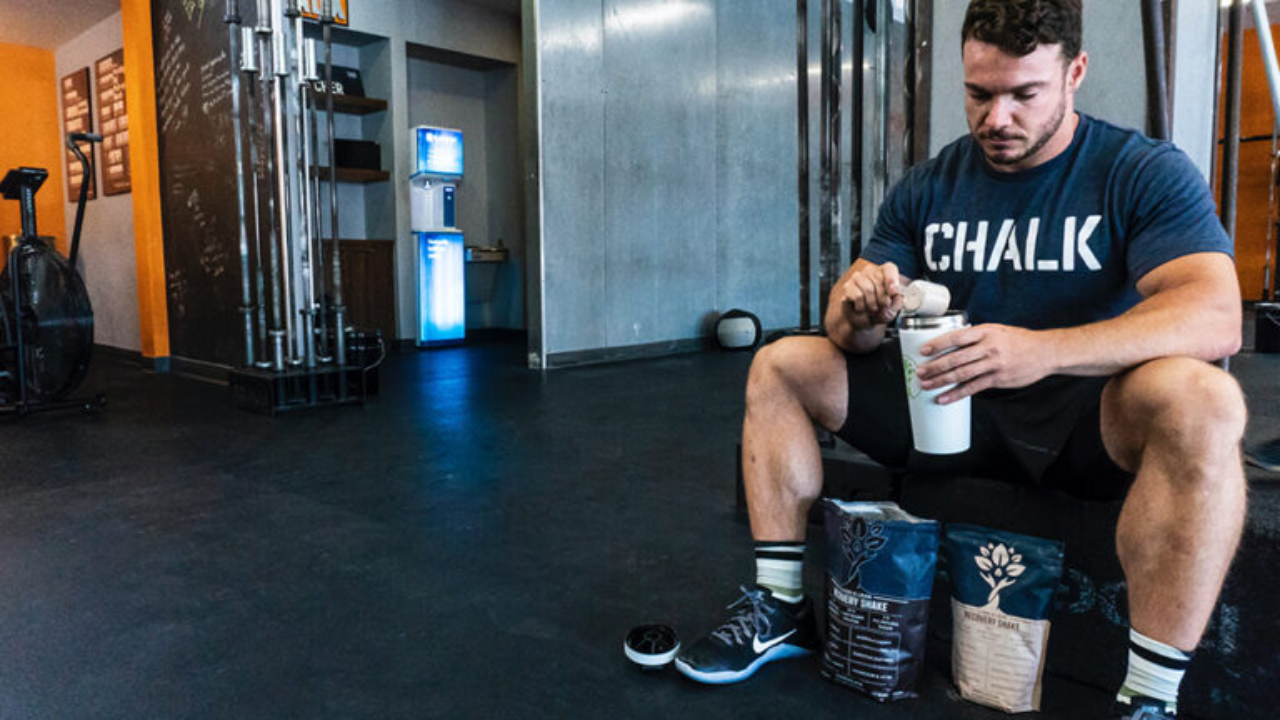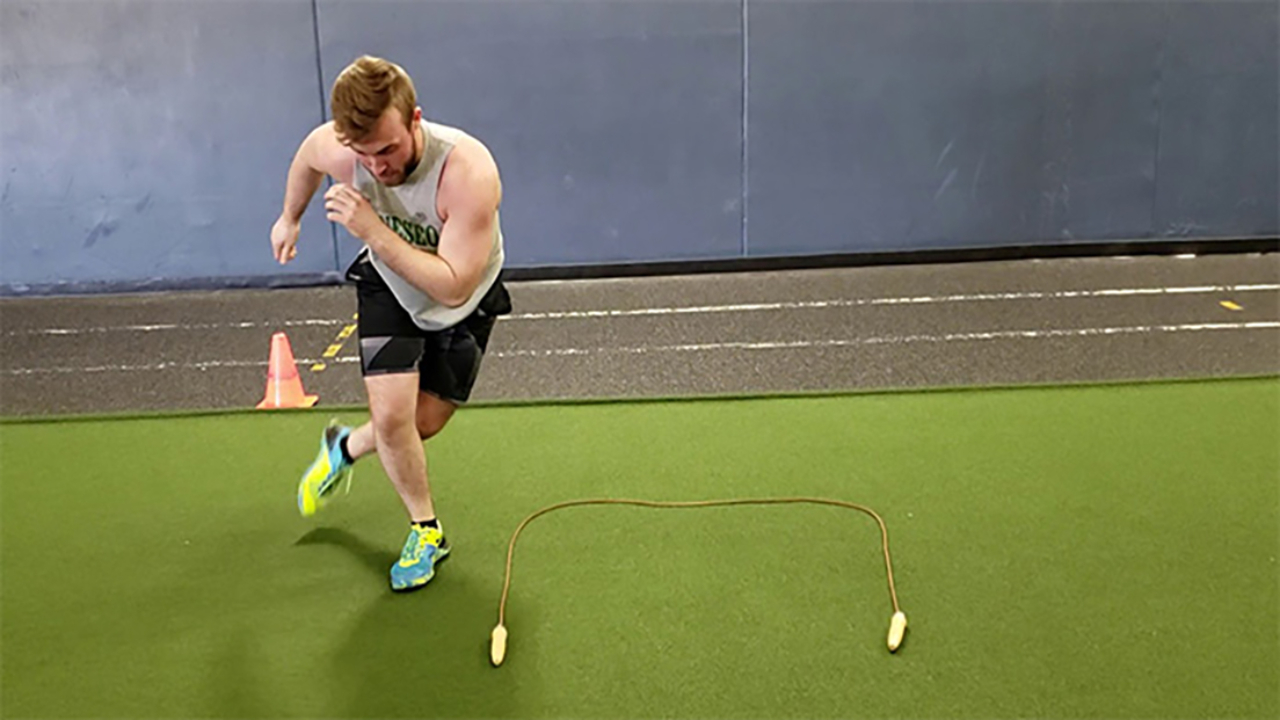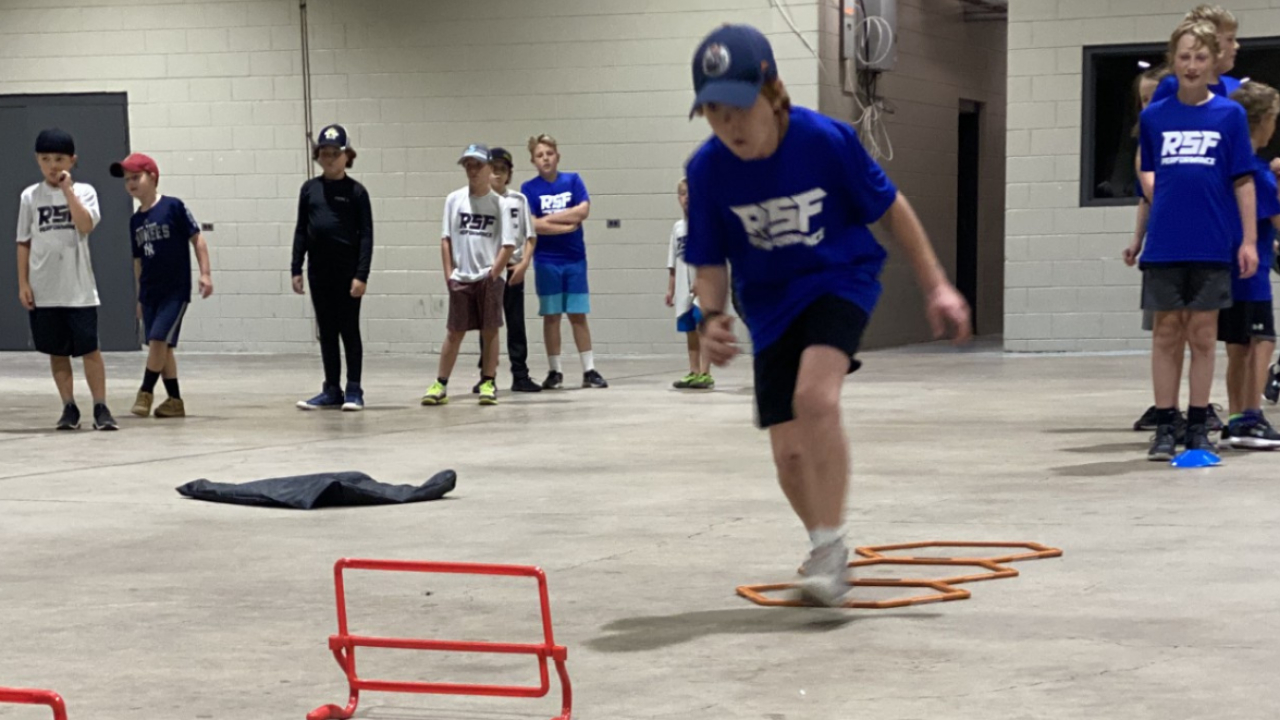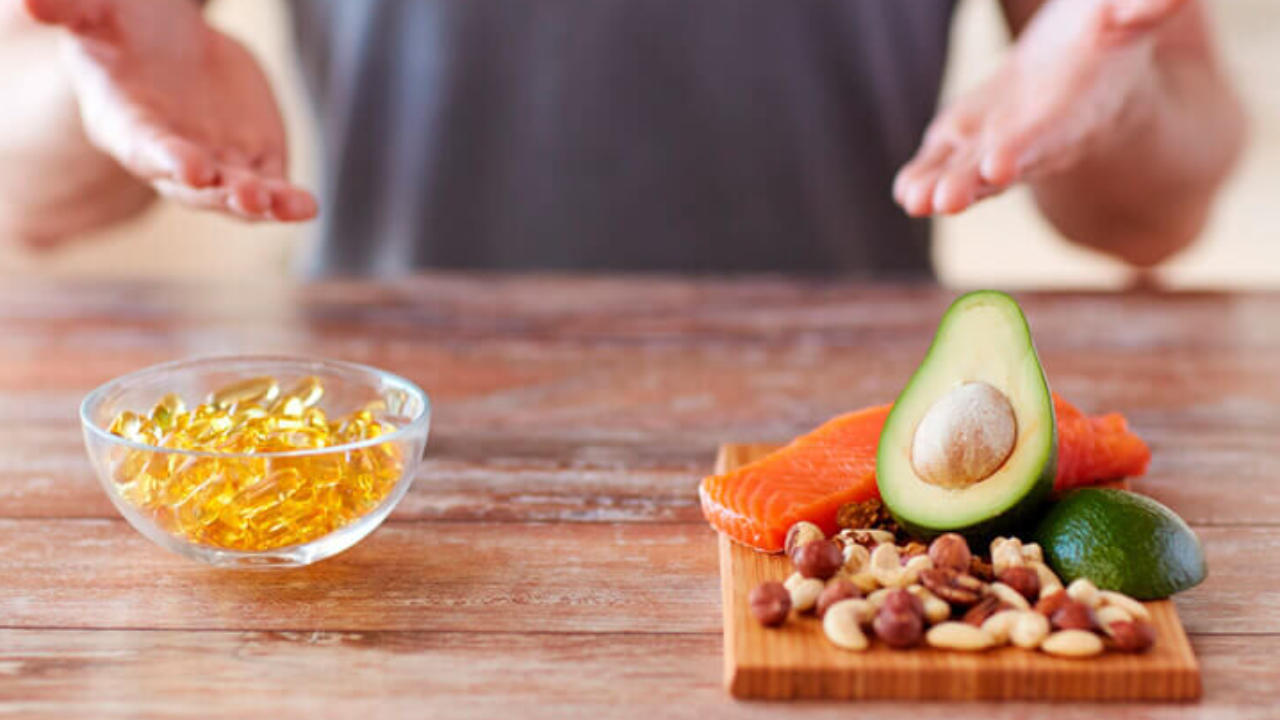
Read on for a sensible approach to taking supplements.
Introduction
Improved performance is a combination of conditioning, proper sleep, hydration, mental strength, playing well, and nutrition. Some players think nutritional supplements are necessary to improve performance, however, supplements are only necessary if an athlete is not eating a proper nutritious diet.
What are dietary supplements?
Dietary supplements, taken to enhance performance, come in many forms: tablets, capsules, liquids, powders, gummies, and bars. Some of the most common ingredients in supplements are amino acids, protein, creatine, and caffeine. According to one estimate, retail sales of “sports nutrition supplements” were $16.6 billion for 2019.
Some dietary supplements can help an athlete get adequate amounts of essential nutrients if he or she is not eating a healthy variety of foods. But it is important to understand that supplements cannot take the place of food in a healthy diet.
Although some research has been done with supplements, most of the research is done for one specific ingredient in the supplement. Therefore, it is hard to predict the effects and safety of multi-ingredient supplements.
In some cases, the supplements contain exclusive proprietary ingredients listed in order by weight, but labels do not provide the amount of each ingredient in the supplement. Moreover, sometimes supplement manufactures do not list all the ingredients on the label. It is believed that manufacturers and sellers of supplements (for enhancing performance) rarely do research on their proprietary products to find out if it is safe and does what it is supposed to do.
The Canadian Centre for Ethics in Sports indicates athletes are responsible for any substance they take. Although this is more for athletes who are subject to drug testing, it is important for hockey players to know what they are taking for performance enhancement. Unlike food and medications, the supplement industry has little government regulation making it impossible to confirm whether supplements contain prohibited or non-essential substances and is actually effective for performance enhancement.
Do supplements work: What does the research say?
- Antioxidants (vitamin C, vitamin E, and coenzyme Q10)
- Proposed benefit: minimize damage to skeletal muscle, reducing muscle fatigue, inflammation, and soreness.
- Research says: they do not directly improve performance. They appear to hinder some physiological and training adaptations.
- Beetroot or beet juice
- Proposed benefit: enlarges blood vessels in exercising muscle, reduces oxygen use, and improves energy production.
- Research says: might improve performance and endurance in time trials and time-to-exhaustion tests among runners, swimmers, rowers, and cyclists. Results show it may be effective in active non-athletes.
- Branched-chain amino acids (leucine, isoleucine, and valine)
- Proposed benefit: can be used in skeletal muscle for energy during training.
- Research says: possible gains in muscle mass and strength during training.
- Caffeine
- Proposed benefit: reduces perceived pain and exertion during training and games.
- Research says: most likely enhances performance in stop-and-go, long-duration activities, like hockey, when taken before activity.
- Creatine
- Proposed benefit: helps supply muscles with energy for anaerobic (short, high intensity) training and sports.
- Research says: may increase strength, power, and work capacity; helps the body adapt to training.
- Deer antler velvet
- Proposed benefit: promotes muscle growth.
- Research says: no evidence for improving aerobic or anaerobic performance, muscular strength, or endurance.
- Ginseng
- Proposed benefit: used to reduce fatigue.
- Research says: no effects on power output, time to exhaustion, perceived exertion, recovery from intense activity, oxygen consumption, or heart rate.
- Iron
- Proposed benefits: increases oxygen uptake, reduces heart rate, and decreases lactate concentrations during training/games.
- Research says: improved work capacity when there is diagnosed iron deficiency, primarily for female athletes.
- Protein
- Proposed benefits: builds, maintains, and repairs muscle tissue.
- Research says: enhances the muscles response to training and builds, maintains, and repairs muscle tissue when taken at recommended intake for athletes of up to 2.0 g/kg body weight per day.
- Tart or sour cherry
- Proposed benefits: phytochemicals in tart cherries may improve recovery from training by reducing pain and inflammation.
- Research says: varied results for helping muscle recovery, reducing soreness, or reducing inflammatory effects on lungs after exercise; insufficient research on ability to improve aerobic performance.
A sensible approach to taking supplements
Many players believe they do not get enough vitamins and minerals in their diet and think they should take supplements. Other players are trying to find the best supplement that will enhance their performance. The reality is that eating a well-balanced nutritious diet will give players all the vitamins, minerals, and nutrients they need for performance and recovery. However, with demands on players such as school, practice, conditioning, travel to and from practice and games, and busy “life schedule,” it sometimes can be hard to get proper nutrition. In this situation, taking a multi-vitamin/multi-mineral supplement may be of benefit to an athlete.
According to Dietitians of Canada, Academy of Nutrition and Dietetics, and the American College of Sports, the best way to use supplements is with a proper diet. The American Academy of Pediatrics also indicates that performance-enhancing supplements do not result in significant improvements in most teenaged athletes beyond those that can result from proper nutrition and training. Elite and recreational athletes perform at their best and recover the best when they eat good food (and food that is good for them), drink sufficient fluids, and when they have proper training.
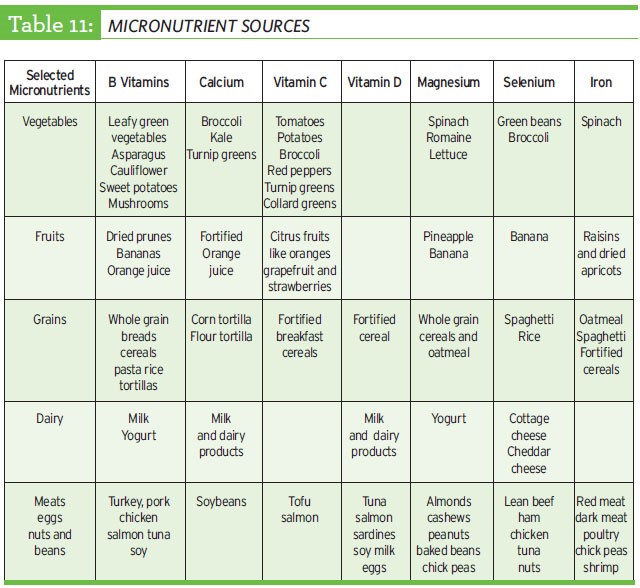
Source: https://www.usada.org/athletes/substances/nutrition/vitamins-minerals-and-other-supplements/
Conclusion
Hockey players should always choose food and a good diet over supplements. The body needs 40+ nutrients every day and supplements do not contain all the nutrients that are important, and found in food. The bottom line is that supplements cannot make up for a poor diet. Famous last words, “Just eat good food!”







